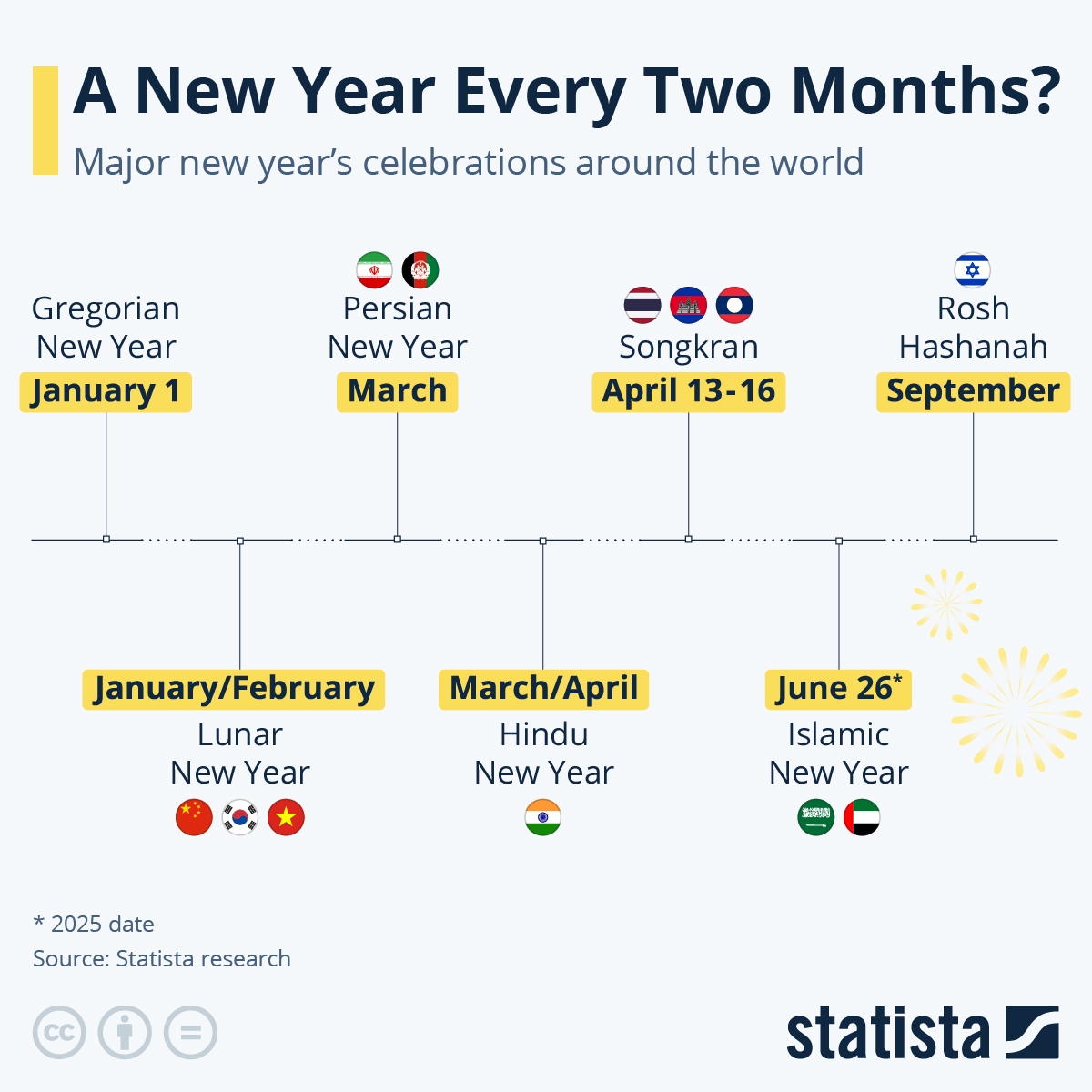Well, according to these dimwits, since Anno Domini (Year of Our Lord) and BC (Before Christ) reference a specifically religious event, that is not an acceptable numbering system. Using CE (Common Era) and BCE (Before the Common Era) is meant to be value neutral, culturally neutral:
The term "Common Era" can be found in English as early as 1708, and became more widely used in the mid-19th century by Jewish religious scholars. In the later 20th century, the use of CE and BCE was popularized in academic and scientific publications as a culturally neutral term.Let's see how accurate this idea of "commonality" is, shall we?
Since "1 AD = 1 CE" and "1 BC = 1 BCE", we have to ask: to whom is this numbering system common? Well, let's see.
Below is a table of several different ways in which the year "2019 Common Era" are rendered.
Here's the question: if the number system is "common" and "culturally neutral", why does it seem to be used only by Western historians? Furthermore, why does it simply seem to ape the Gregorian AD/BC counting system? Couldn't we just as accurately say that "CE/BCE" stands for "The Christian Era" and "Before the Christian Era"?
Obviously, the CE/BCE system isn't culturally neutral or value neutral. It's sole purpose is to wipe out all reference to the Christian worldview that created Western civilization. From a truly historical perspective, the CE/BCE system deserves only mocking disdain.

No comments:
Post a Comment